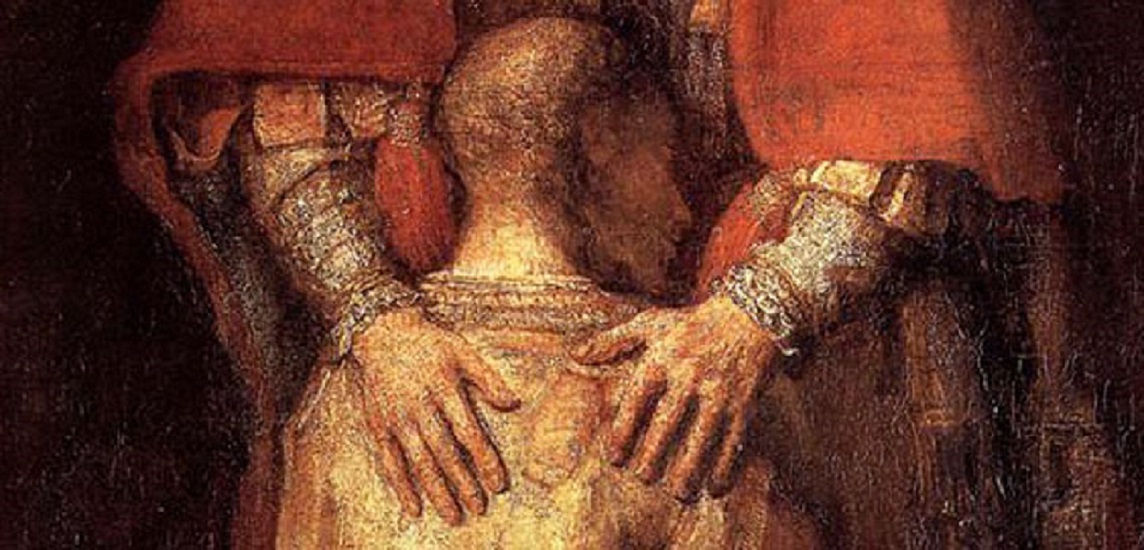Pentecost is a big deal for Catholics. The musicians pull out all the stops, the priest wears distinctive red garments we don’t see very often, and there is that whole thing about wind and tongues of flame and the birthday of the Church. The Holy Spirit was promised and sent.
So now what?
Pentecost can definitely seem like one of those historical events we learned about in school, but it’s never happened since. Just what does that event have to do with us, hear and now?
One of the problems we have is that Pentecost focuses our attention on the Holy Spirit. The Holy Spirit is a mystery. Now, this doesn’t mean that the Hardy Boys are going to set off in search of clues, ultimately leading to the unveiling of the Holy Spirit, who was really Mr. Snively the bookkeeper, all along. No, a mystery – in the Catholic Faith – is something we cannot fully understand. We trust God and the Church to help us learn, but on this side of Heaven (and maybe even on the other side!) we are not going to put all the pieces together. That doesn’t mean we should stop trying, though.
Scott Hahn, the Catholic speaker and writer, believes that the key to understanding the Spirit is love. The Holy Spirit is, in essence, the overflowing love between the Father and the Son – that love poured out for us on the Cross but on the Church on Pentecost.
Think about it: the Holy Spirit drove out the fear the Apostles had. They boldly proclaimed God’s word. The Spirit allowed them to communicate with those they could not understand before. Doesn’t love do just this? Doesn’t love make us fearless? (Why else would we get married? Have babies?) Doesn’t love make us more understanding of others? Doesn’t love drive us out into the world to bring Christ to others?
Pentecost may have come and gone, but the Holy Spirit remains. Be bold. Be loving. It is your Catholic heritage, a gift from the Holy Spirit.





